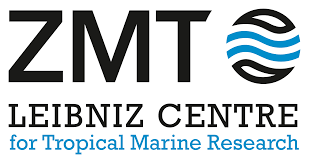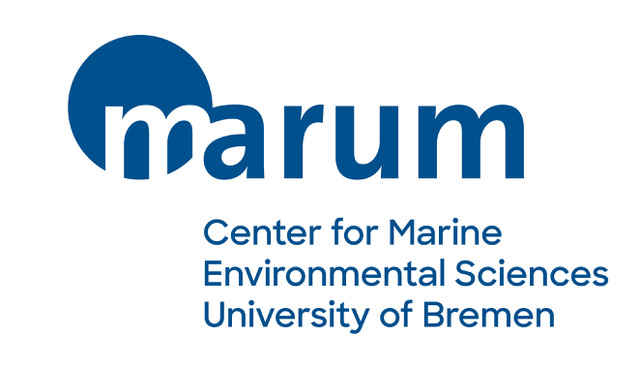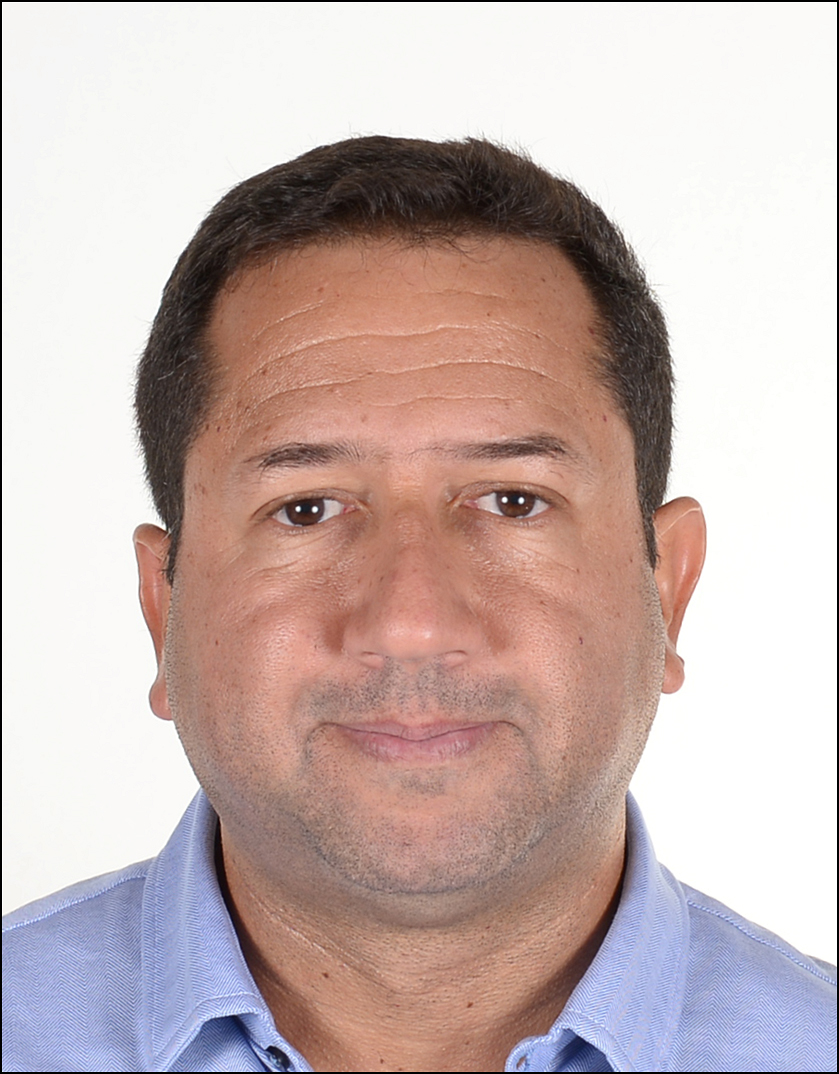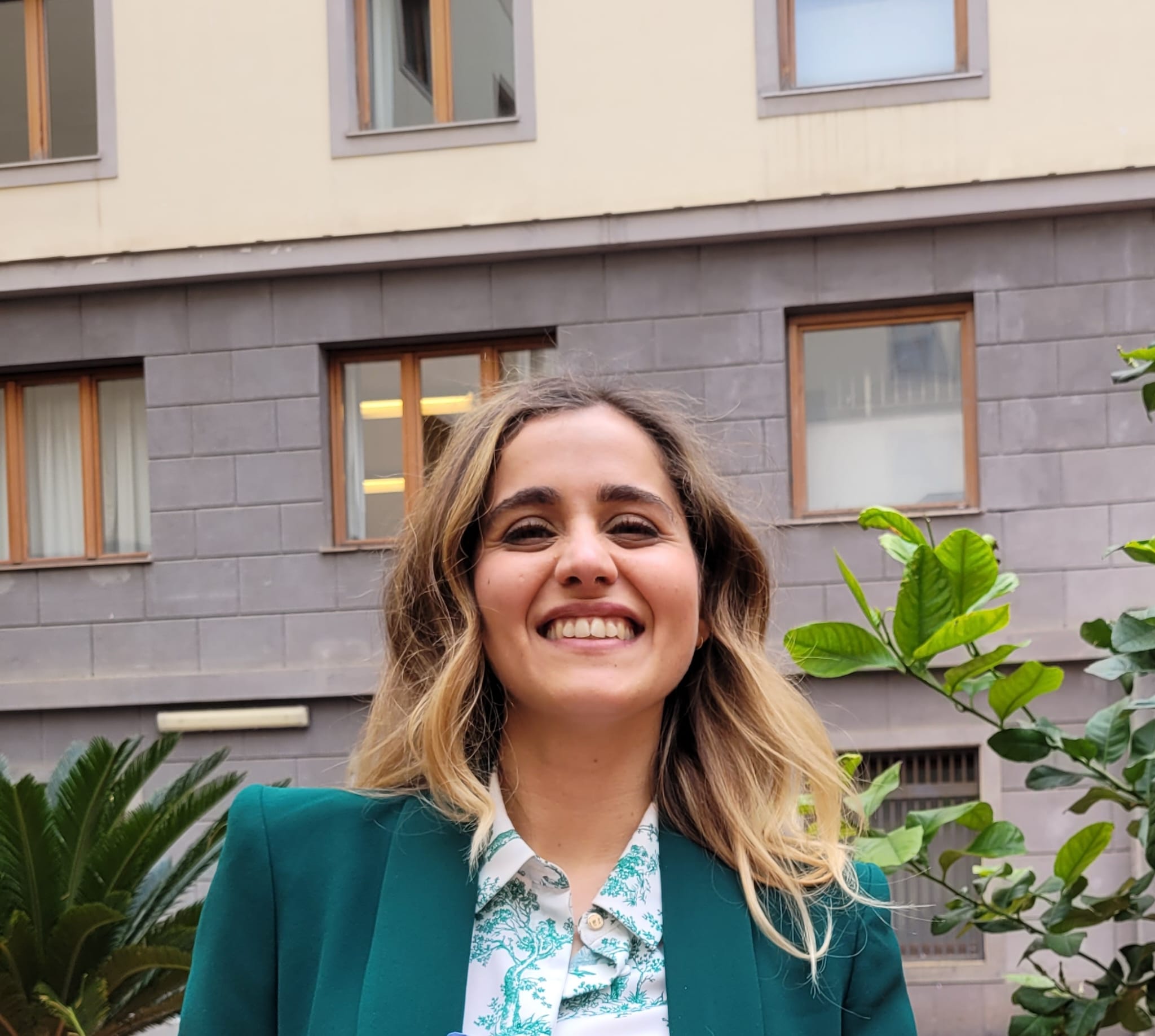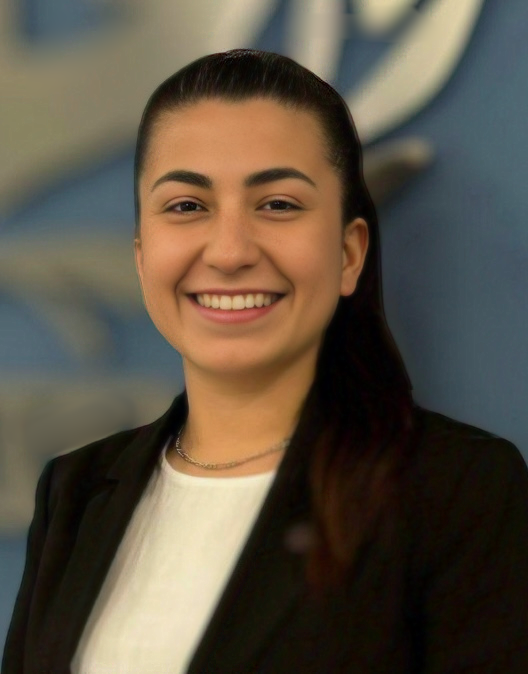Summer Academy - Maritime Decarbonization
Summer Academy - Maritime Decarbonization
About
About
18-22 August 2025
Malmö, Sweden
About the Course
The maritime industry is undergoing a monumental transformation, driven by advancements in technology, economics, and operations. Our WMU Summer Academy programme on Maritime Decarbonization prepares you to be a part of the transition to a net-zero greenhouse gas and energy efficient maritime industry.
The 2023 IMO Strategy on Reduction of GHG Emissions from Ships aims for net-zero emissions by around 2050, with interim total GHG reductions of by at least 20%, striving for 30%, by 2030, and by at least 70%, striving for 80%, by 2040 . In April 2025 the IMO agreed on the "IMO net-zero framework" to set a global fuel standard and a pricing mechanism for emissions exceeding the target annual GHG fuel intensity. To achieve the ambitious decarbonization goals, organizations and government agencies must prepare for introducing technical innovations, new policies and revised operational procedures into the maritime industry that will define the future of this industry and be reflective of the evolving regulations.
Our programme is grounded in the belief that maritime decarbonization is both an inevitable shift and a tremendous opportunity for the entire industry. Through a comprehensive approach, we will explore the challenges and opportunities maritime decarbonization presents, considering regulatory, social, environmental, technological, and economic dimensions.
Benefiting from WMU's distinctive international environment, our programme fosters interactive discussions and lectures, offering insights into the complexity of decarbonizing shipping while seeking solutions. Led by WMU's esteemed faculty and keynote speaker Dr. Harry T. Conway, Chair of the Marine Environment Protection Committee (MEPC) of the International Maritime Organization, participants will explore international regulations, technical aspects of ship design and operation, emerging energy-efficient technologies, and economic processes influencing the pathways for decarbonization in the context of maritime supply chains and financing.
About the Summer Academy
The World Maritime University (WMU) is a unique academic institution, founded within the framework of the International Maritime Organization (IMO), a specialized agency of the United Nations. The University has a reputation for bringing together stakeholders such as academics, researchers, professionals, and industry to explore cross-cutting topics facing the maritime industry. The WMU Summer Academy provides a unique opportunity for these stakeholders to gather and share knowledge, as well as collaborate on potential solutions that will directly benefit the maritime industry.
Instructors
The WMU Summer Academy course on Maritime Decarbonization is coordinated by Professor Aykut Ölcer and will be delivered by a team of WMU Faculty and researchers. For 2025, our keynote speaker is Dr. Harry T. Conway, Chair of the Marine Environment Protection Committee (MEPC) of the International Maritime Organization.
{{grid-people-sa-md="/resources/rte-components"}}
BENEFITS OF PARTICIPATION
Participants who complete the WMU Summer Academy on Maritime Decarbonization should:
- Understand the regulatory framework of air pollution resulting from international shipping as well as the UN 2030 Agenda
- Gain a deeper understanding of different technical and operational options for decarbonizing the maritime sectors and their impact on energy consumption
- Grasp current innovation in the maritime industry, with a focus on future energy technologies, alternative fuels, renewable energy and GHG reductions
- Be familiar with the range of financing mechanisms and potential government support (financial incentives) to facilitate the energy transition of the shipping and port sector
- Be familiar with the wide range of actors in the maritime sector including ports and the regulatory impact of the European Union

Participant Profile
This Summer Academy course is open to individuals interested in gaining a thorough understanding of the maritime decarbonization and IMO/EU GHG reduction strategies for the shipping sector and those interested in acquiring further skills for career development. This includes graduate/PhD students, researchers, and other academics, as well as industry professionals (maritime companies, shore personnel, naval architects, and marine engineers), shipping and port/shipyard professionals (engineers, managers, and executives), and other individuals engaged in decarbonization and the processes of the IMO GHG Strategy.
Key Facts
Key Facts
Certificate
Participants are awarded a Certificate of Completion as well as an official programme from the WMU Summer Academy that outlines the topics covered.
Course Structure
Day 1 - Regulatory Framework
Day 2 - Ship Design and Operation
Day 3 - Alternative Fuels and Renewable Energy
Day 4 - Supply Chain, Ports and Financing Decarbonization
Day 5 - Networking, Workshops, and Wrap-Up
Apply
Apply
ENTRY REQUIREMENTS
There are no academic prerequisites for participation in the Maritime Decarbonization programme, however, it is preferred that participants have completed their education to at least a Bachelor's level and/or have several years of professional experience.
Participants will be selected based on curriculum vitae, academic and professional career, and letter of motivation.
Please note that the Maritime Decarbonization Summer Academy is delivered in English and participants should be able to follow the delivery of the course in this language.
Key Dates
Course Dates: 18-22 August 2025
Application deadlines: Open enrollment period
Fees
Professionals - $ 1,750 USD
Early bird deadline (31 May 2025) - $ 1,500 USD
Students/WMU Alumni - $ 1,000 USD
Fees include:
- in-class attendance with access to learning material
- refreshments (morning and afternoon coffee breaks) and lunches provided during the programme delivery
Accommodation is not included in the programming fee. Upon acceptance to the programme more information on local accomodation options will be provided.
Get in touch
Contact us : summer.academy@wmu.se
Applications
All applications must be completed online. Paper applications are not available.
Apply: Maritime Decarbonization
January 2022
Maritime Energy Management
Maritime Law & Policy
Maritime Safety & Environmental AdministrationOcean Sustainability, Governance & Management
Port Management
Shipping Management & Logistics



